Welcome to the world of miniature painting! As you begin your journey in this creative hobby, it’s important to be aware of common beginner mistakes that can hinder your progress. From improper brush care to rushing through details, this article will provide you with helpful tips and techniques to avoid these pitfalls and improve your painting skills. Whether you’re new to the craft or looking to refine your techniques, we’re here to guide you on your painting journey. Let’s create some stunning mini masterpieces together!
Beginner Mistakes In Miniature Painting And How To Avoid Them
Are you new to the world of miniature painting and feeling overwhelmed by all the information out there? Don’t worry, we’ve all been there! In this article, I’ll walk you through some common beginner mistakes in miniature painting and provide you with tips on how to avoid them. Let’s get started!
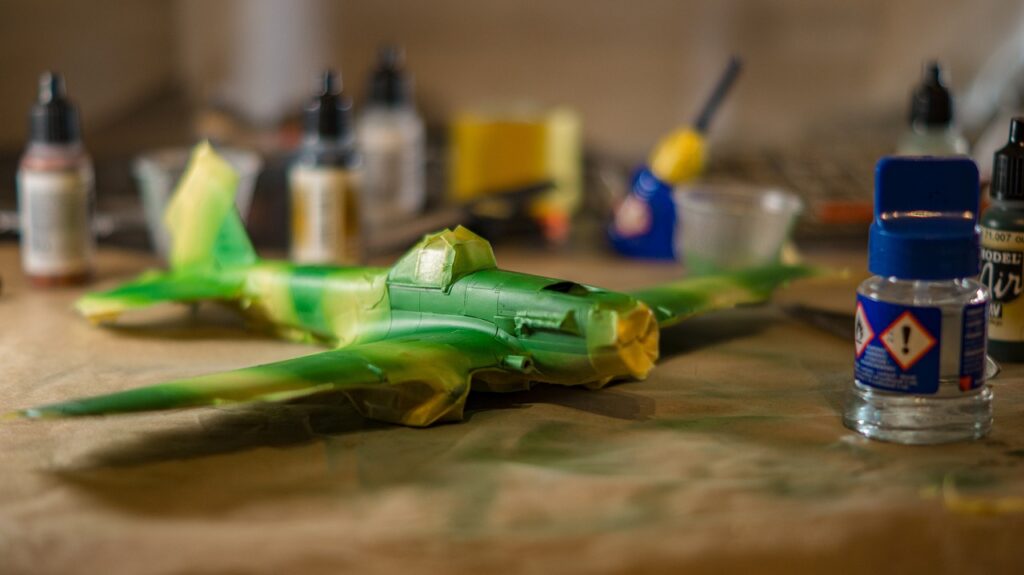
Choosing The Wrong Paints
One of the most common mistakes beginners make in miniature painting is using the wrong type of paint. Acrylic paints are the best choice for painting miniatures because they dry quickly, are easy to clean up, and come in a wide range of colors. Make sure to invest in high-quality acrylic paints specifically designed for miniatures to achieve the best results.
Not Thinning Your Paints
Another mistake many beginners make is not thinning their paints before applying them to their miniatures. Thinning your paints with a bit of water will make them easier to work with and will help you achieve smoother, more even coverage. Remember, it’s always better to apply multiple thin coats of paint rather than one thick coat.
Using The Wrong Brushes
Using the wrong brushes can significantly impact the quality of your miniature painting. Invest in a set of high-quality brushes designed specifically for miniature painting, including a variety of sizes and shapes for different techniques. Taking care of your brushes by cleaning them regularly will also help extend their lifespan.
Skipping Primer
Priming your miniatures before painting is a crucial step that many beginners overlook. Primer helps the paint adhere better to the miniature’s surface and provides a smooth base for painting. Choose a primer specifically designed for miniatures, such as white or grey, to ensure the best results.
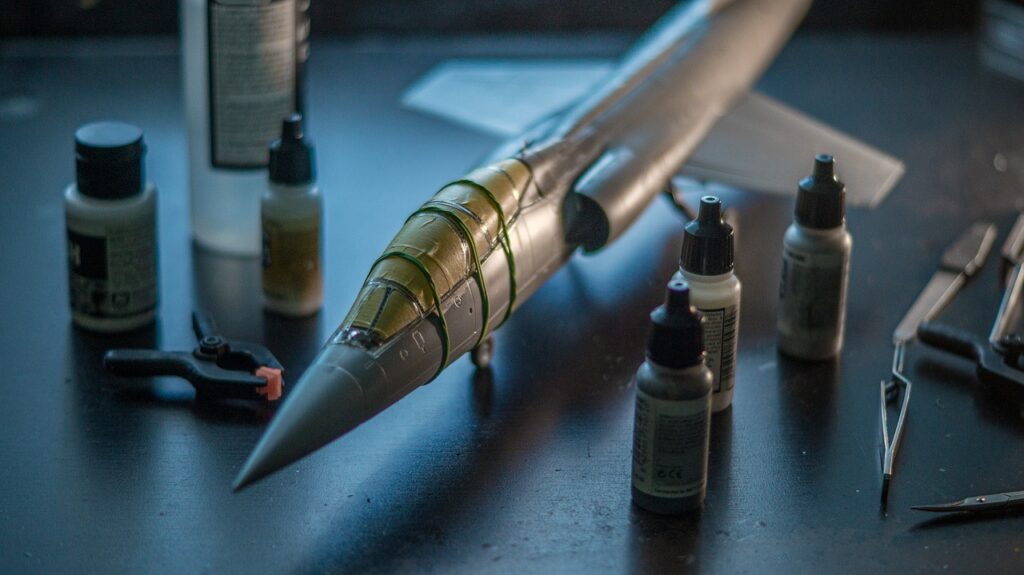
Rushing The Basecoat
When it comes to painting miniatures, patience is key. Rushing through the basecoat stage can lead to streaky or uneven coverage, which can be challenging to fix later on. Take your time to apply thin, even coats of paint, allowing each layer to dry completely before adding the next one.
Neglecting Highlights And Shadows
Adding highlights and shadows to your miniatures can bring them to life and make them look more realistic. Many beginners make the mistake of neglecting this step, resulting in flat-looking miniatures. Use lighter and darker shades of the base color to create highlights and shadows, paying attention to light sources for more natural-looking effects.
Overloading The Brush
Overloading your brush with paint can lead to messy and imprecise painting. Make sure to load your brush with just enough paint to cover the area you’re working on without dripping or clumping. If you find that you have too much paint on your brush, wipe off the excess on a paper towel before applying it to your miniature.
Not Allowing Paint To Dry Between Layers
Allowing each layer of paint to dry completely before applying the next one is essential for achieving smooth and even coverage. Rushing the process by painting over wet paint can result in smudging, mixing colors, and overall poor results. Patience is key when it comes to miniature painting!
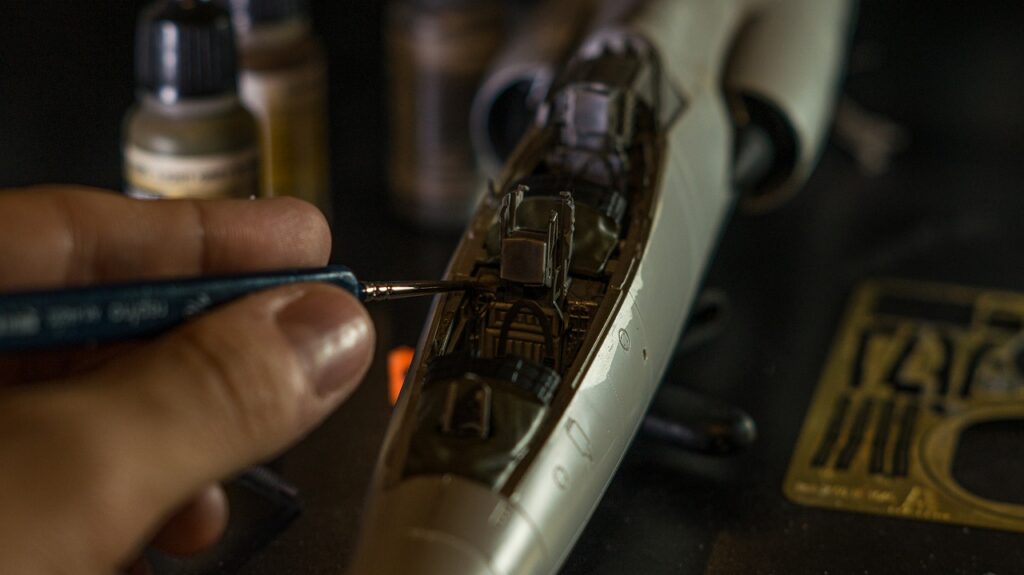
Neglecting Clean-Up And Maintenance
Proper clean-up and maintenance of your painting area and tools are essential for successful miniature painting. Keep your work area organized and free of clutter, clean your brushes regularly to prevent paint build-up, and store your paints in a cool, dry place to extend their shelf life. Taking care of your tools will ensure that they last longer and continue to provide you with excellent results.
Lack Of Practice And Patience
Like any skill, miniature painting takes time and practice to master. Many beginners get discouraged when their first few attempts don’t turn out as expected. Remember that every painter starts somewhere, and improvement comes with practice and patience. Don’t be afraid to make mistakes and experiment with different techniques to find what works best for you.
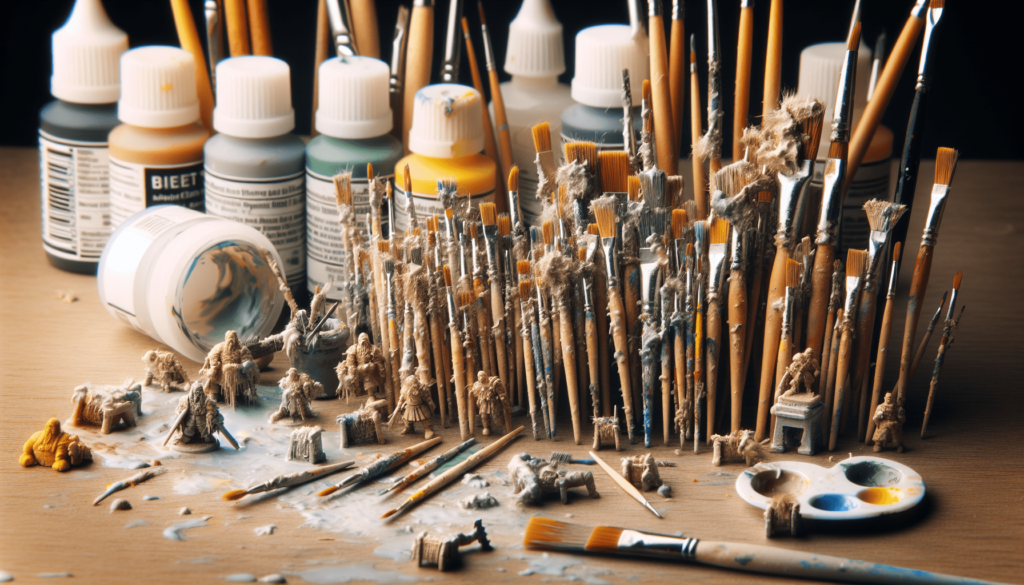
Conclusion
Now that you’re aware of some common beginner mistakes in miniature painting and how to avoid them, you’re well on your way to becoming a skilled painter. Remember to choose the right paints, thin them properly, use the correct brushes, prime your miniatures, take your time with the basecoat, add highlights and shadows, avoid overloading your brush, allow each layer to dry, clean up and maintain your tools, and most importantly, practice and be patient. Happy painting!
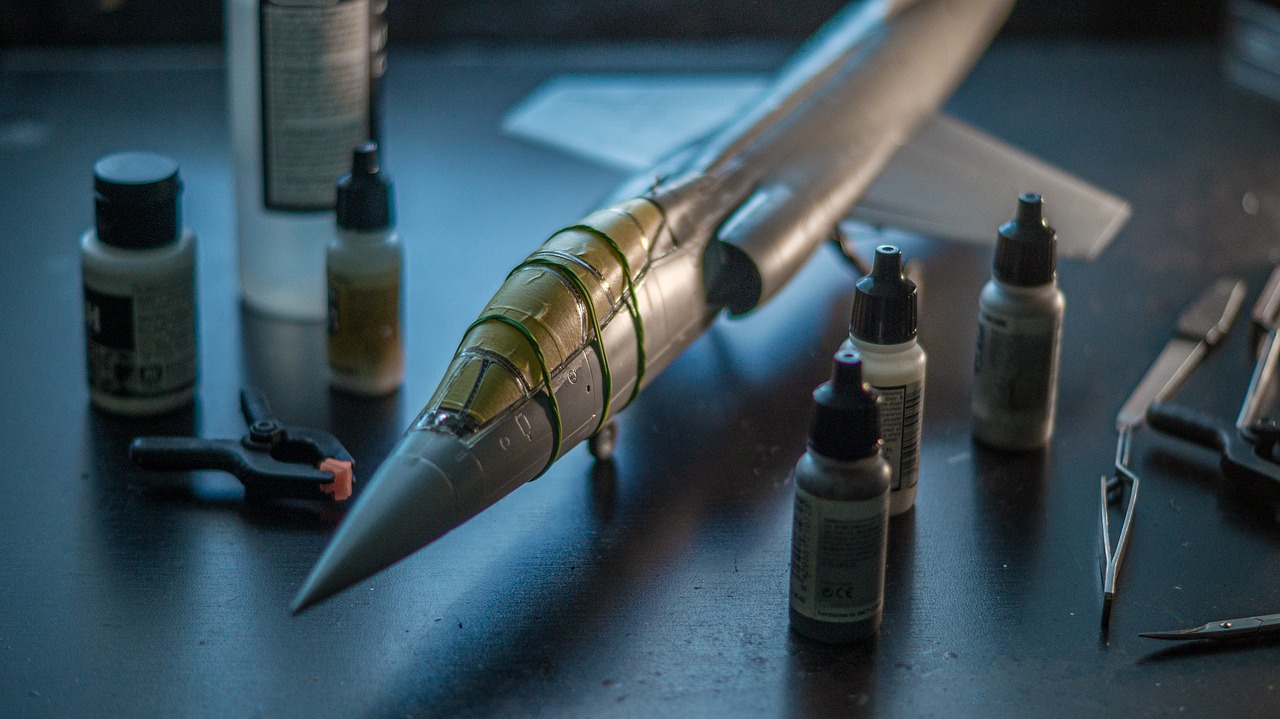
Leave a Reply